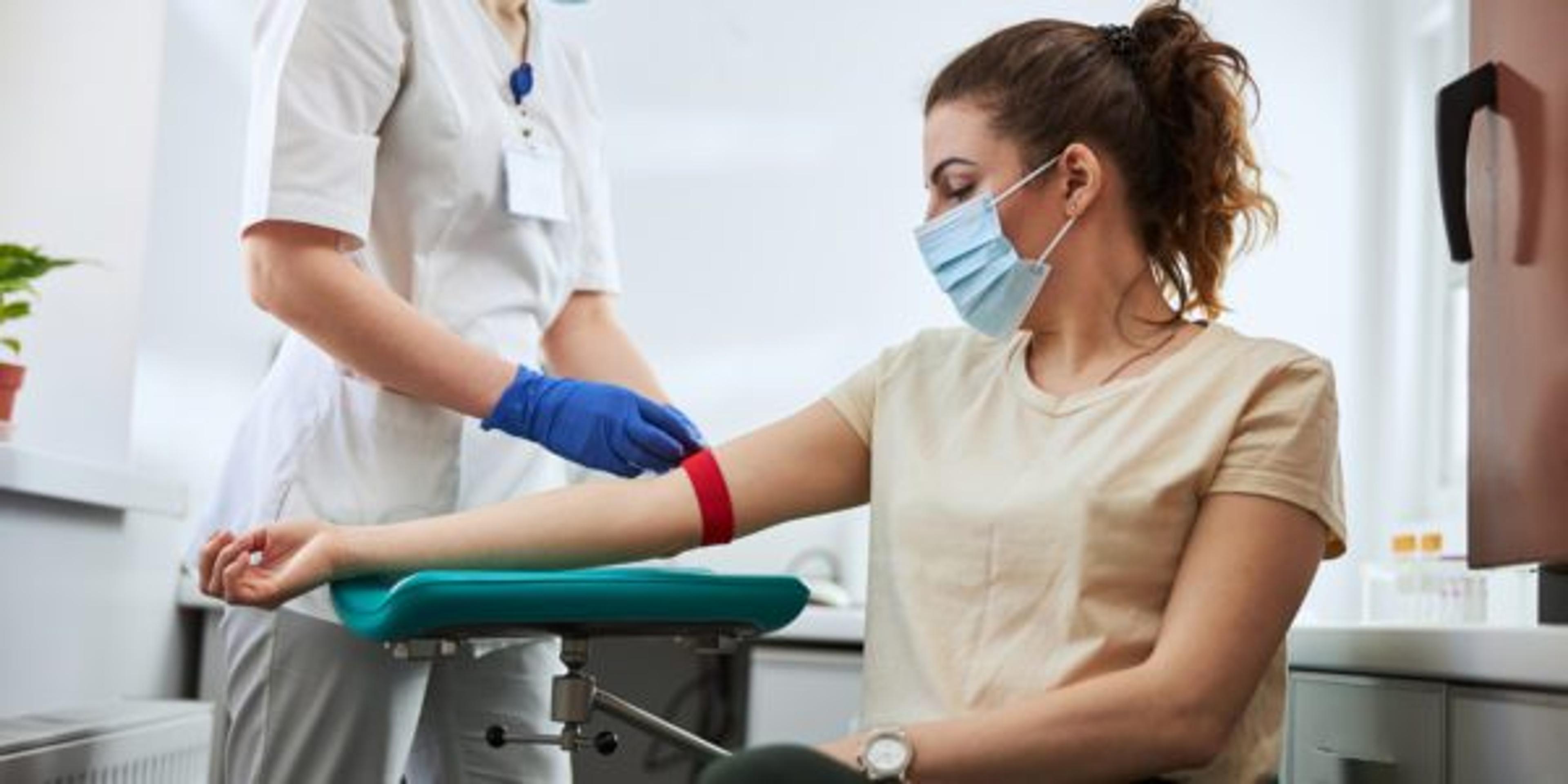What to Eat Before Donating Blood
3 min read

Rolling up your sleeves and volunteering to donate blood is one of the most generous and selfless ways to help people you’ll probably never meet. But the act of giving a pint or more of blood also creates a brief but real physical deficit for your body. So, self-care comes into play. It is important to know what to eat before you arrive at your blood donation appointment.
The nation’s blood supply relies heavily on a steady but changing stream of volunteer donors. According to the American Red Cross, an estimated 6.8 million people in the U.S. donate blood each year. Their donations equal about 13.6 million units of whole blood and red blood cells that are collected in this country each year. Those are big numbers, considering only about 3% of the people who are eligible to donate actually give blood.
Because giving blood can cause side effects in some people – like a feeling of tiredness or even low iron levels causing anemia – it’s important to know what you should eat and drink before you donate. Both the Red Cross and Healthline have some good suggestions to follow for your pre-donation hours.
Hydrate. This one is important. About half of the blood you’ll be donating is made of water, so make sure you are drinking enough water beforehand. The Red Cross suggests drinking an extra two cups of water before donating blood. Other non-alcoholic beverages like juice, tea, coffee, milk or sparkling water are also fine to drink. This additional water is on top of the more than 72 ounces you’re already recommended to be drinking each day.
Iron-rich foods. You’ll want to eat foods that contain iron before you donate blood. Iron is one of the essential ingredients in blood production. It’s also found naturally in many foods. Eating iron-rich foods will ensure your body is ready to donate blood, reducing your chances for anemia later. This extra iron can help you easily create new blood cells when it’s time for your body to replace the donated blood. Here are a list of foods high in iron:
Iron found in animal foods
- Beef, including veal and dried beef
- Pork, including ham
- Lamb
- Poultry, including chicken and turkey
- Fish and shellfish, including tuna and shrimp
- Organ meats, like liver
- Eggs
Iron from plant-based foods
- Spinach
- Sweet potatoes
- Peas
- Broccoli
- Kale
- Breads and cereal, including wheat bread, oats, enriched white bread and pastas
- Fruits like strawberries, watermelon, prunes and dried apricots
- Beans including kidney, garbanzo, lentils, dried beans and tofu
Vitamin C. Getting your extra pre-donation iron from the fruits, vegetables and bean selections listed above? That’s fine, just remember to add a little more Vitamin C-rich foods to your diet to help your body better absorb this kind of protein. Some good options:
- Raspberries
- Mango
- Blueberries
- Pineapple
- Cranberries
- Tomatoes
A few extra tips. On the night before you are slated to donate blood, make sure to get to bed on time and get a good night’s sleep. In the hours before your appointment, don’t drink alcohol. Also avoid greasy or fatty foods like hamburgers, fried chicken, french fries or ice cream.
Related:
Photo credit: Getty Images









